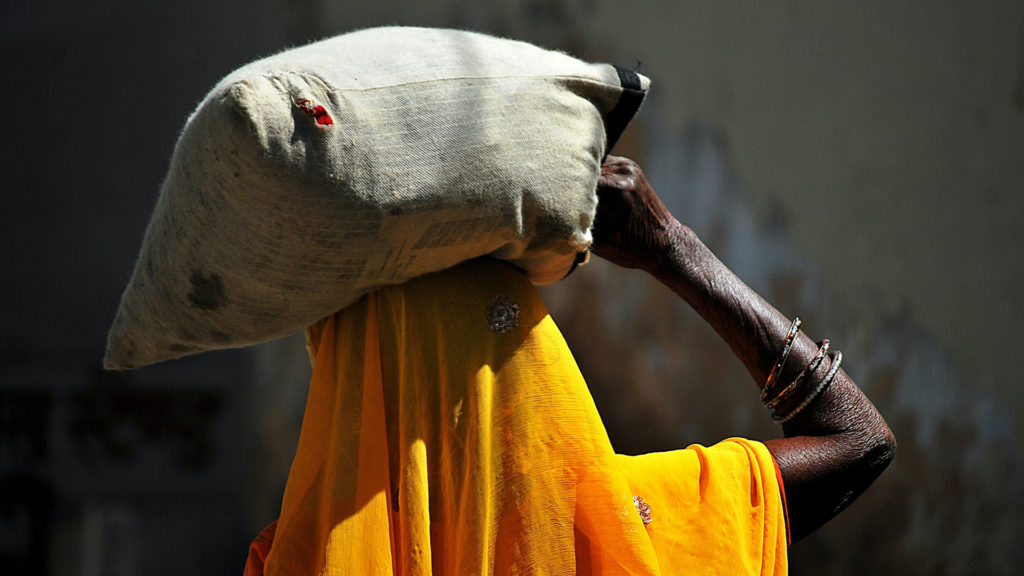Across many African communities, harmful cultural practices persist, imposing significant challenges and limitations on the lives of women and girls. These practices, rooted in tradition and societal norms, can perpetuate gender inequality, violence, and discrimination. This article explores the importance of empowering women and girls to challenge harmful cultural practices in Africa, highlighting the need for education, awareness, and collective action to foster positive change and promote gender equality.

Understanding Harmful Cultural Practices:
Harmful cultural practices encompass a range of traditions that negatively impact the lives of women and girls. These practices include female genital mutilation/cutting, child marriage, bride price, widow inheritance, and restrictive gender roles. Such practices often perpetuate gender discrimination, limit educational and economic opportunities, and violate human rights, leaving lasting physical, emotional, and psychological scars.
Education as a Catalyst for Change:
Education plays a crucial role in empowering women and girls to challenge harmful cultural practices. By providing comprehensive education that promotes gender equality, critical thinking, and human rights, individuals can question and challenge entrenched norms and traditions. Education empowers women and girls to assert their rights, make informed decisions, and advocate for change within their communities.
Raising Awareness and Changing Perceptions:
Raising awareness about harmful cultural practices is essential to catalyze social change. It involves engaging community leaders, religious figures, educators, and youth to challenge deeply rooted beliefs and norms. Awareness campaigns, workshops, and dialogue platforms provide opportunities to educate communities about the negative impact of these practices, encouraging open discussions and promoting alternative values that prioritize gender equality and human rights.
Building Partnerships and Engaging Communities:
Empowering women and girls to challenge harmful cultural practices requires collaborative efforts involving multiple stakeholders. Governments, NGOs, community leaders, and civil society organizations need to work together to develop and implement programs that address the root causes of these practices. Engaging community members, including men and boys, is crucial to fostering a collective commitment to change and ensuring the sustainability of efforts.
Providing Support and Protection for Survivors:
Support and protection for survivors of harmful cultural practices are paramount. Comprehensive services, including legal aid, medical assistance, counseling, and safe spaces, should be readily available to survivors. Strengthening legal frameworks and enforcing laws that prohibit harmful practices are crucial steps in providing justice and safeguarding the rights of women and girls.
Empowering Women’s Leadership and Participation:
Empowering women’s leadership and fostering their active participation in decision-making processes are essential in challenging harmful cultural practices. Women’s voices need to be heard and amplified in community meetings, local governance, and policy-making discussions. By supporting women’s leadership and participation, societies can benefit from their expertise, perspectives, and innovative solutions to address deeply entrenched practices.
Investing in Alternative Livelihoods and Economic Empowerment:
Creating alternative livelihood opportunities and promoting economic empowerment for women and girls are essential strategies in challenging harmful cultural practices. When women have access to economic resources, they gain greater autonomy and influence within their communities, reducing their vulnerability to harmful practices. Skill training, entrepreneurship programs, and access to credit and markets enable women to secure sustainable incomes and challenge traditional gender roles.
Conclusion: Empowering women and girls to challenge harmful cultural practices is a critical step towards fostering gender equality and human rights in African communities. Through education, awareness, community engagement, and support for survivors, we can drive positive social change and create societies that prioritize equality, justice, and dignity for all. It is our collective responsibility to challenge harmful cultural practices, advocate for gender equality, and create environments where women and girls can thrive and fulfill their true potential.